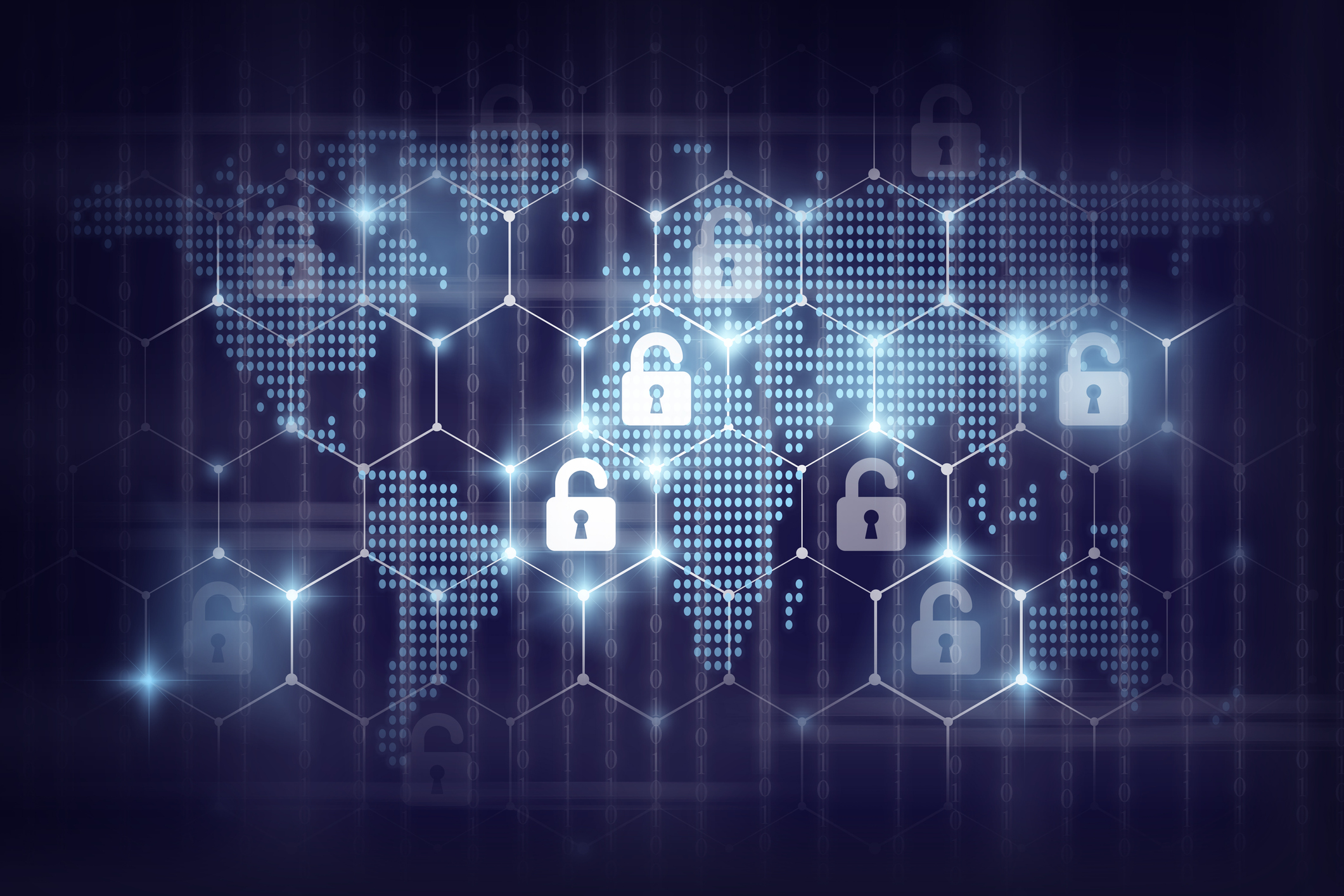Cybersecurity for Retailers: How to Reduce the Effects of the Coronavirus Pandemic

As the COVID-19 outbreak continues to threaten the world economy, it has also led to some significant threats relating to cybersecurity in the retail industry. But why retail? The answer is simple. The retail industry is the hotbed for customers' personally identifiable information (PII), and is also linked to their payment data needed to complete transactions.
When a retailer is hacked, millions of customers' data are sold on the dark web, and new profiles are made to run phishing campaigns in the good world. These cyberattacks have become more sophisticated and automated with time, leaving no business immune.
Amid the collapsing global economy, more than ever now is the time to take adequate cybersecurity actions to protect the e-commerce industry. Check out some of the biggest cybersecurity measures for retailers to ensure business continuity during the COVID-19 pandemic.
Tips to Reduce Cyberattacks on Retailers
With the global workforce confined to remote working environments, security teams are leaving no stones unturned to reduce the risk of cyberattacks on retailers. Here's how you can stop attacks before they occur.
1. Authenticate all accessible end points.
If your employees are working in remote environments, make sure to confirm the identity and authority of every individual requesting access. Audit all third-party integrations and do not allow the perception of trust to influence your authentication decisions.
2. Establish IT governance.
The retail industry is a digital market today. New partners, business alliances and customers are added to the network every other day. An IT governance program will keep people, businesses and technology on the same loop and mitigate the risk of cyberattacks.
3. Dodge phishing attacks graciously.
Phishing attacks have always been a top cybersecurity threat for retailers. Today, as the entire workforce is confined to their remote work stations, the number of phishing attempts will increase exponentially. It will be tedious for employees to differentiate a scam email from a genuine one. How do you deal with it? Invest in training them. Also, consider registering domains that closely resemble your brand name.
4. Leverage the NIST framework.
The National Institute of Standards and Technology (NIST) and the International Standardization Organization (ISO) provide international guidelines and help retailers in evaluating their cybersecurity capabilities. Among their practices and procedures include data security, employee training, risk assessment, asset management, and incident response planning. Use them to your advantage.
5. Create a team of security experts.
Your security team should consist of data analysts and threat finders. They should be able to look for signs if or when an intruder has compromised your network. They need to have the right tools to decrease IT complexity, focus on maturity and improvement programs, and deliver unparalleled customer experiences.
6. Minimize third-party risks.
Today, hackers find it easier to target and attack third-party partner networks. Therefore, make sure you evaluate who you're dealing with. Hire cyber-risk monitoring and mitigation platforms that do the neutralizing work for you.
Leverage Cybersecurity to Drive Growth
Cybersecurity and data privacy have a lot more to offer than just data protection. Most retailers don't realize that cybersecurity also boosts customer satisfaction. Retailers can drive sales by leveraging the use of their advanced security techniques in assuring customers that their data is unharmed. Furthermore, retailers can communicate with their customers about where they store their data and how they use it. Customers will buy more if things are transparent and assurances are met.
Conclusion
Keeping up with cybersecurity in the face of COVID-19 isn't easy. However, if retailers can get the necessary logistics right, they can shore up their customer relationships. Start training your employees, assess risks, and identify hidden vulnerabilities to sustain your business contingency plan. It's time to get going.
Originally published in MyTotalRetail



